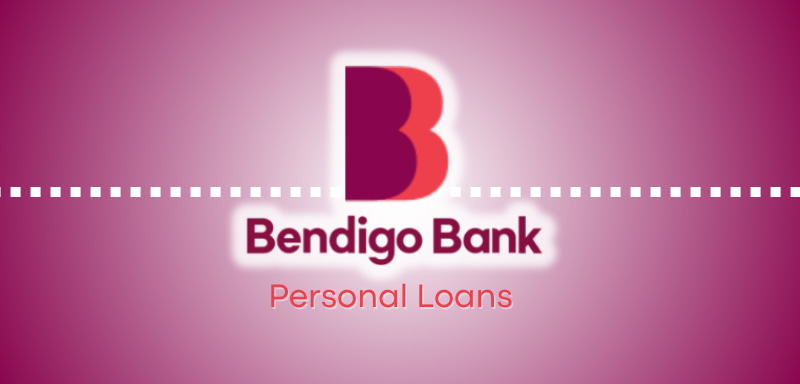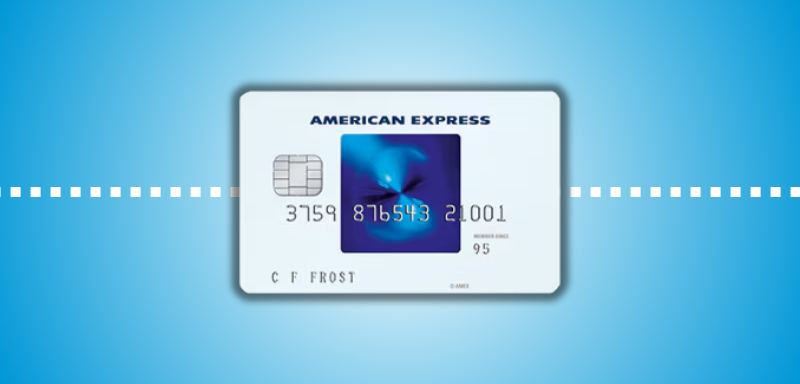Small Business Financing
Essential Tax Strategies for Small Business Success
Advertisement
Navigating the tax landscape as a small business owner can be complex, yet it’s crucial for legal compliance and financial optimization. This guide, authored by a seasoned CPA, offers strategic insights into small business taxation, helping you minimize liabilities and maximize financial health.
Key Tax Strategies for Small Businesses
- Optimal Business Structure Selection: Your choice of business structure – be it a sole proprietorship, partnership, LLC, S or C corporation – significantly influences your tax obligations. Consult with a tax expert to identify the most tax-efficient structure for your business.
- Impeccable Financial Record-Keeping: Maintain accurate and organized records of all business transactions. This practice is vital for claiming all eligible deductions and streamlining tax filing. Modern accounting software or professional accounting services can be invaluable here.
- Financial Segregation: Clearly differentiate between personal and business finances. Use separate bank accounts and credit cards for business transactions to simplify tax filing and deduction tracking.
- Maximizing Deductions: Stay informed about which business expenses are tax-deductible. Common deductions include office expenses, equipment, employee salaries, and more. Ensure you have all necessary receipts and documentation.
- Quarterly Tax Compliance: If your business generates income not subject to withholding, like self-employment income, pay estimated quarterly taxes to avoid penalties.
- Expert Tax Guidance: Tax laws are intricate and ever-changing. Hiring a tax professional can provide clarity, ensure compliance, and help identify tax-saving opportunities.
- Staying Updated on Tax Laws: Tax regulations evolve constantly. Keep abreast of the latest tax law changes that could impact your business through reliable sources or professional associations.
- Leveraging Tax Credits: Investigate and utilize applicable tax credits, such as those for providing health insurance to employees, to reduce your tax liability.
- Retirement Plan Contributions: Contributions to retirement plans like SEP IRAs or 401(k)s are not only wise for future planning but also offer current tax benefits.
- Sales Tax Management: Understand and comply with sales tax regulations relevant to your business. Automated sales tax software can assist in ensuring accuracy and compliance.
- Utilizing Tax-advantaged Accounts: Beyond retirement accounts, consider Health Savings Accounts (HSAs) and Flexible Spending Accounts (FSAs) for additional tax benefits.
- Comprehensive Expense Documentation: Keep thorough records of all business expenses to substantiate deductions during audits.
- Depreciation Strategies: Utilize depreciation deductions for significant assets like equipment and vehicles to reduce taxable income.
- Audit Preparedness: Maintain detailed financial records and consult with a tax professional if audited to ensure a smooth process.
- Tax Software Utilization: Consider using tax software tailored for small businesses to simplify the tax filing process and uncover potential deductions.
Conclusion
Effective tax management is a cornerstone of small business success. By implementing these strategies and staying proactive in your tax planning, you can navigate the complexities of small business taxation confidently. Always seek personalized advice from a tax professional to align these strategies with your unique business context.
FAQs:
- Differences in Taxation Between Business Structures: Understand how sole proprietorships and LLCs differ in tax treatment and choose the structure that aligns with your financial goals.
- The Role of Accountants in Small Business Taxation: Explore the benefits of hiring an accountant for navigating complex tax scenarios and ensuring compliance.
- Quarterly Taxes Explained: Learn who needs to pay estimated quarterly taxes and how to calculate them.
- Identifying Key Tax Deductions: Discover common deductions for small businesses and how to claim them effectively.
- Separating Personal and Business Finances: Get practical tips on maintaining clear financial boundaries between personal and business finances.
Trending Topics

Bendigo Bank Unsecured Personal Loan review: From $2,000 up to $50,000
Get the financial freedom you need with Bendigo Bank Unsecured Personal Loans. Explore loan amounts, rates, and features in our review!
Keep ReadingFrugal Living Pro recommendation: Westpac Lite Mastercard review
Learn why the Westpac Lite Mastercard is the ideal choice for those looking to manage their finances better with minimal fees.
Keep ReadingYou may also like

American Express Low Rate Credit Card Review for Savvy Spenders!
Discover the features of the American Express Low Rate Credit Card and see how it can save you money with low-interest rates!
Keep Reading
Citi Rewards Credit Card Review: Big Points, Bright Perks
Discover the Citi Rewards Credit Card: earn points, enjoy perks like phone insurance and cashback, and explore flexible redemption options.
Keep Reading